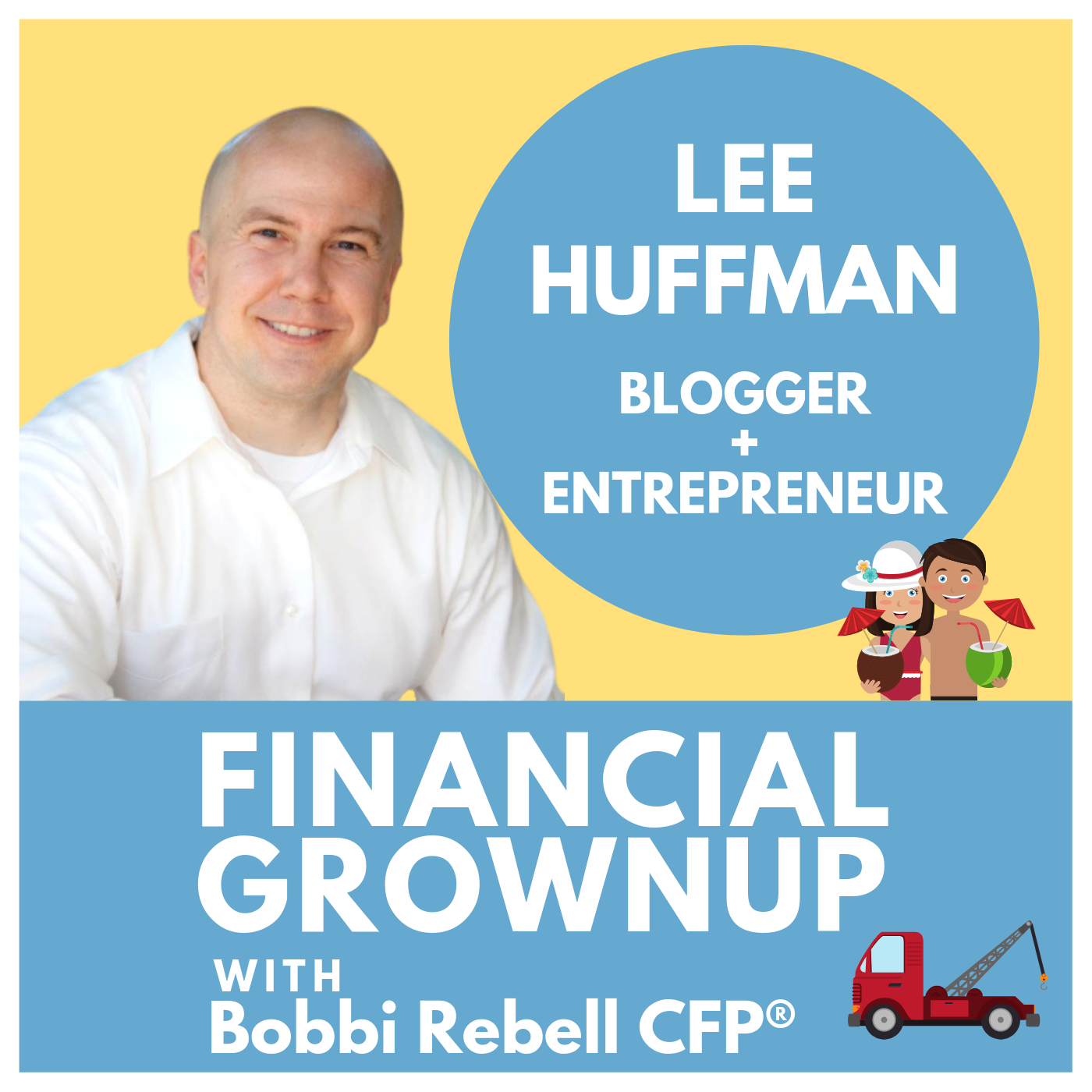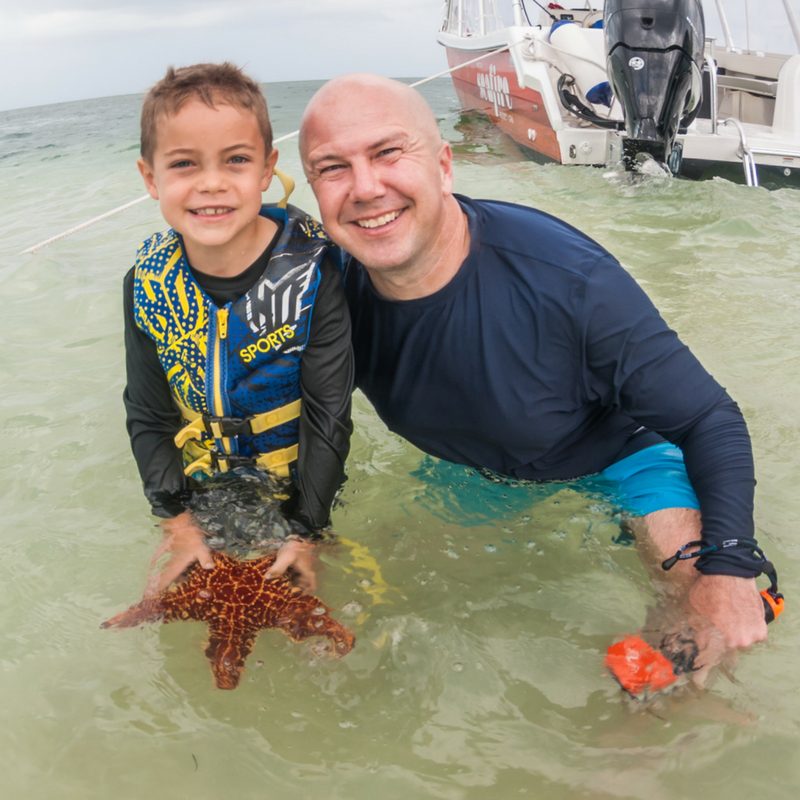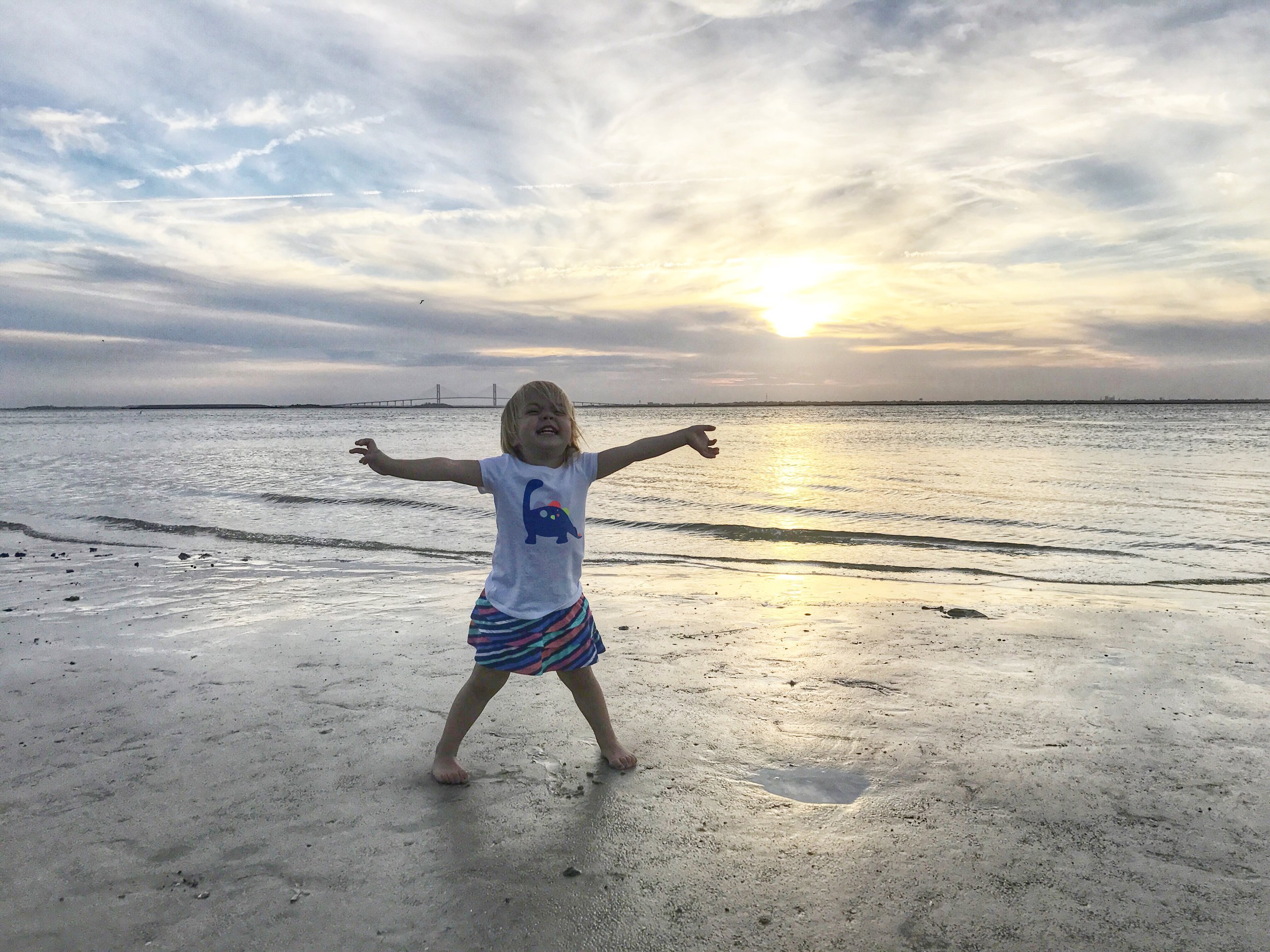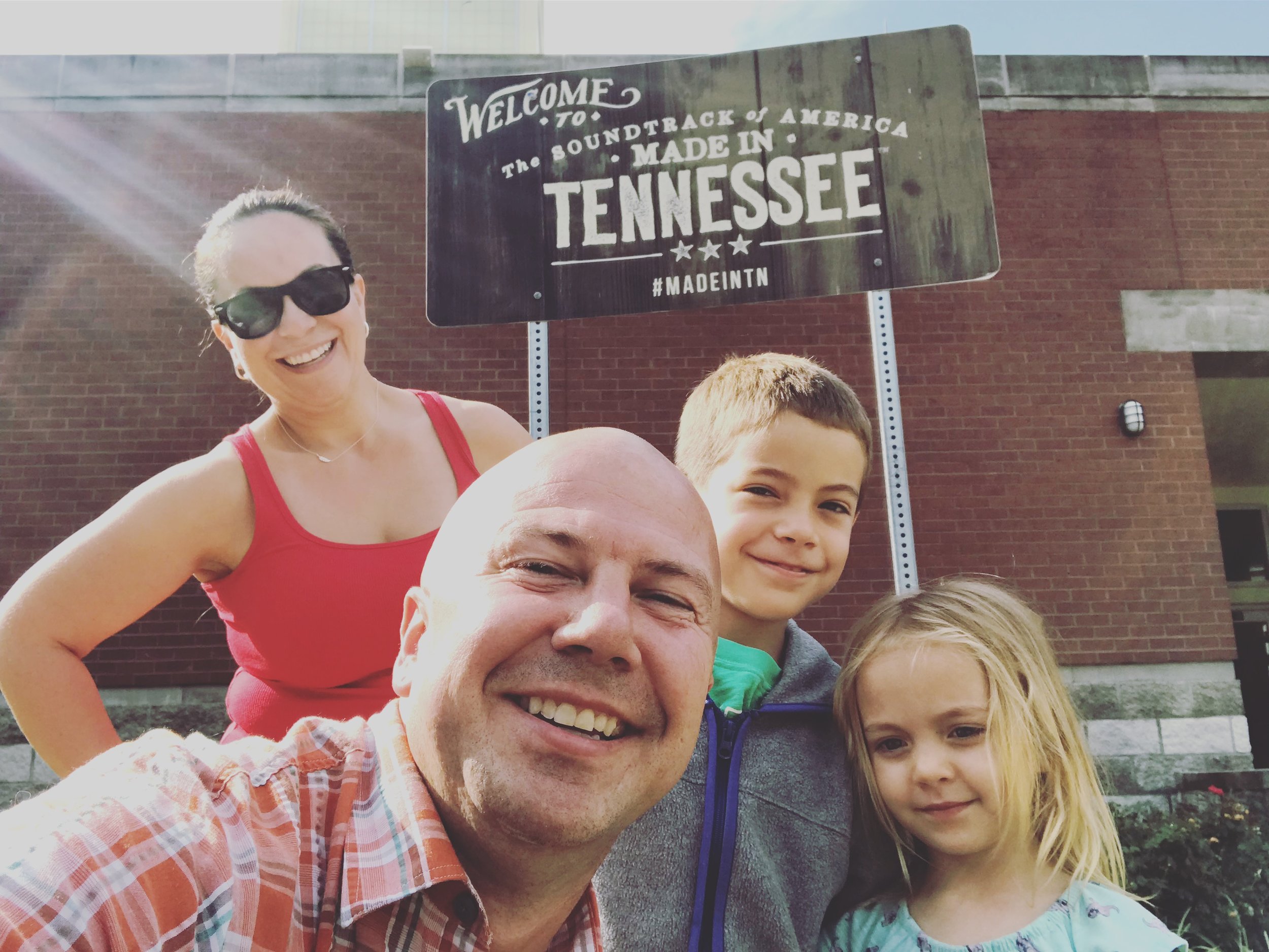The cash crunch that led to a business that is disrupting the ultra short-term loan space
Travis Holoway started a Solo Funds, aimed at disrupting the short term, small loan industry by leveraging technology and offering a new kind of lending culture.
Travis: I was working on Wall Street and I was studying to be a broker and there's these exams that you have to take. They're series exams, but FINRA is the regulatory body. You know these exams are very strenuous and you're not really making money while you're studying for those exams.
Bobbi: So give me an example of what a typical salary would be and then what the cost of living is.
Travis: Man, if I remember correctly, I think I was making $250 a week.
Bobbi: Working at a financial company?
Travis: Yes. Working at a financial company in New York City.
Bobbi: What was your job there?
Travis: I was studying to be a broker. It's like a glorified intern, if you will. After you factor in the metro card I couldn't even afford much in the financial district where lunch was costing about $12 a day. So I took a job at CVS. Unpacking trucks, third shift and I would work 10 to six at night. I would come home at six o'clock I would shower, I would put a suit back on and I would head back into the office.
Bobbi: So you literally didn't sleep?
Travis: No sleep at all.
“ So even with working around the clock, I still couldn’t afford any financial surprises. I remember walking like 90 city blocks because I had no money left in my metro card.”
Travis: Actually what happened was I swiped my metro card and there should have been enough for another fair, but for some reason it didn't work. And the attendant told me that I had to mail them my metro card for them to figure out what happened. But long story short, that led to me walking 90 city blocks home. So humbling times.
Bobbi: So you're living this life where you're technically employed by brokers a firm, but you're really a glorified intern earning very little money. You've got a second job at CVS working overnight. So you're really not sleeping much. How does that play out?
Travis: So this situation for me didn't change or evolve until I actually took another job at another financial services firm where there was a more stable salary. And from that point I've been able to rise up the financial spectrum. But it was until I moved and changed positions that I was able to pull myself out of those financial circumstances.
Bobbi: You did pass the exams obviously?
Travis: Yes.
Bobbi: So basically by getting a higher paying job, that's what solved the problem for you?
Travis: Exactly. For me personally, yes.
The lesson here is really to focus on saving
Travis: Focus on getting to that first $500. If you have just $500 in liquid capital, you're actually doing better than half of the country. So people like to get down on themselves because they feel like they're not exactly where they want to be, but it's really a journey. And you know, it's a marathon. It doesn't happen overnight. But celebrate those little milestones along the way. You get to that first $500 saved, keep going, get to a thousand then get to 5,000 and just keep pushing yourself. But this doesn't happen over night for anyone except for power ball winners.
“Later on, I would talk to my friends and they would give me some feedback of what those payday loans actually meant for them. ”
So don't give up. I had friends who had taken payday loans during college and then post college and they would say, hey, just go to this brick and mortar building and get this loan for $400 and I would say, yeah, that sounds good. But there has to be more into that. And then after kind of speaking with my parents who actually steered me away from that and did everything that they could for me to prevent me from taking a payday loan, they're the ones who gave me that knowledge.
While it sounded like a good idea at the time, because their backs were against the wall and it seemed easy to go and get that capital after the fact, it really put them in a very tough financial situation because the fees that compound on top of those loans, it took them months and sometimes years to get out of.
My money tip is if you have the ability, add your teenage child or spouse that may have little or no credit to your credit card account as an authorized user.
Travis: Inversely, if you have a parent or a spouse that has more credit card accounts or better credit than you encourage them to add you to theirs. 28% of the country has no credit from any source and it's really important to build credit. And I personally believe that the FICO score stat, and I know we'll talk about that a little bit later, but credit is still required to accomplish many of life's financial milestones. So with that said, I believe that this is a tip best often overlooked and it's a great way to build credit. One your actual credit and limit I going to be considerably higher than it would be if you were applying for a brand new card. And then also the length of time that that account has been opened will also be a positive benefit to your overall credit report. So as payments are made to that card, they will positively impact everyone associated and it will help people build credit indirectly.
Bobbi: Right. And even though there is a lot of controversy right now about fico scores, especially with errors that can sometimes happen, which people should be vigilant about checking their credits so they can see if there are errors by the way. It is a time when people are looking for different solutions for access to money.
I really wanted to have you on because the company that you are the co founder of and CEO of SoLo focuses on an area that can really be taken advantage of. I reported a lot during the housing crisis on people that had taken payday loans to cover short term debt, but then it can spiral out of control. As you've mentioned, this is a different approach.
About Travis; company Solo Funds
Bobbi: You are the co founder of and CEO of SoLo focuses on an area that can really be taken advantage of. I reported a lot during the housing crisis on people that had taken payday loans to cover short term debt, but then it can spiral out of control. As you've mentioned, this is a different approach.
Travis: SoLo in short is a mobile mini exchange created to provide more affordable access to small dollar loans below $1,000.
We function very much like Airbnb for loans, but we were essentially created to disrupt that predatory payday lending industry that you're speaking about.
“. Lenders actually make a return in the form of a tip, which is optional on behalf of the borrower.”
The way that our platform works is it's a two sided marketplace and we're very different than some of the marketplaces that many have heard of like a lending tree or lending cloud primarily because we're focused on these small dollar loans and those larger, what I call big brother peer to peer lending companies are focused on loans up to $40,000. So that might be debt re-consolidation that might be a down payment on a home. We're focused on that American that's living paycheck to paycheck and that single mother that needs $100 to pay her utility bill or the college student who is $200 short for that textbook. That's who we're really trying to help.
Bobbi: I think one thing that's interesting here is that this could really apply even to families lending to other family members or friend to friend because you're providing a documentation and a paper trail effect if it's digital, but you're providing an authority in between. Because very often people are asked to lend money to people close to them and it becomes awkward. You don't want to be asking them. But if you go through the app, can you talk a little bit about how that would work because it creates a stronger outcome, a better outcome because you've made it more of an official loan, I guess.
Travis: Yes, exactly. So the reason why the platform is built that way is because the personal experiences that I had, lending and borrowing amongst friends and family. With that said, we're making this a real transaction and we're putting real terms around a loan. So people are lending and borrowing amongst each other every day via cash or other applications. But there's no terms around that. So if I wanted to borrow money from my mother and she said, Hey, I'll lend you the money but I'll lend it to you on SoLo, I would create a transaction on SoLo, which is basically saying I need to borrow $100. I as the borrower can actually create my own terms. The lender just agrees to the terms at a later point.
Bobbi: Right. So you can say, I'm going to pay zero interest mom, is that okay? And Mom can say, oh, that's okay. I don't want interest or mom can say I'm pulling money out of other investments. I want 5% whatever it is, you guys can work it out.
Travis: Exactly. Once we agree on those terms, there is a promissory note. A digital promissory note which is created which now says that I owe my mother X amount of dollars and that is actually enforceable. So the lender has track record of how much was lent, when the repayment is due and if there is any additional fee associated with that in the form of a return.
Bobbi: How is it enforceable and how do you guys get paid?
Travis: You know there are no impose fees on the SoLo platform, which makes us much more unique than any other financial platform today. So there are no imposed interest rates and there are no impose fees on behalf for SoLo. Lenders actually make a return in the form of a tip, which is optional on behalf of the borrower. And then solo actually makes a donation, which is also optional and paid by the borrower. Again, no imposed fees. So the enforceability comes into play where if a borrower does not repay, the lender the discretion to send that borrower or not send that borrower to collections. We have a third party collections company that we'll work on behalf of the lender to recover the funds. And once we recover those funds are directed directly back to the lender.
Bobbi: And what is your default rate? How often does that happen and how does it compare to payday loans?
Travis: Our default rate is two times better than the lending clubs, lending trees and [inaudible 00:12:15] of the world. We're about five times better than traditional payday loans. One of the things that investors are most excited about and other people are most excited about is this new creation of a credit score. I believe the fico score is dead because millennials in the under bank demographics are not doing the same. They're not living their lives the way that prior generations have like buying homes, buying cars, and using credit cards. So with that set, alternative data is necessary. And solo has this data on the under banked and millennial demographic and our goal is to be a path forward to upper financial mobility to where we can graduate borrowers from our platform to more traditional financial institutions in the future where they can have more resources and financial tools.
Bobbi’s Financial Grownup tips:
#1: If someone that you care about needs money, in a cash crunch for example, and you have the money available but it needs to be a loan, not a gift, make sure you document it. Obviously SoLo Funds is an option to look into, but you can also draw up a payment plan or whatever. Just make sure the terms are clear and in writing.
#2: . Things for Travis did not turn around because he cut costs. They turned around when he got a better paying job. He got a better paying job by putting in the time to work basically as an intern and to study and then pass some big exams. They gave him more viability in the job market. Watch your money, of course, do not spend foolishly, but the goal always needs to be to earn more.
No one can cut their costs to get wealthy. Do the work, get a higher paying job, earn more money or some way to boost your income. That is ultimately what is going to build more money. More financial freedom is having more money. You can't cut your way to getting rich.
Episode Links:
Blinkist - Please use our link to support the show and get a free trial.
Check out Travis' website - https://solofunds.com/
Follow Travis!
Instagram - @SoLoFunds
Facebook - @SoLoFundsInc
Twitter - @SoloFunds
Some of the links in this post are affiliate links. This means if you click on the link and purchase the item, I will receive an affiliate commission at no extra cost to you. All opinions remain my own.












